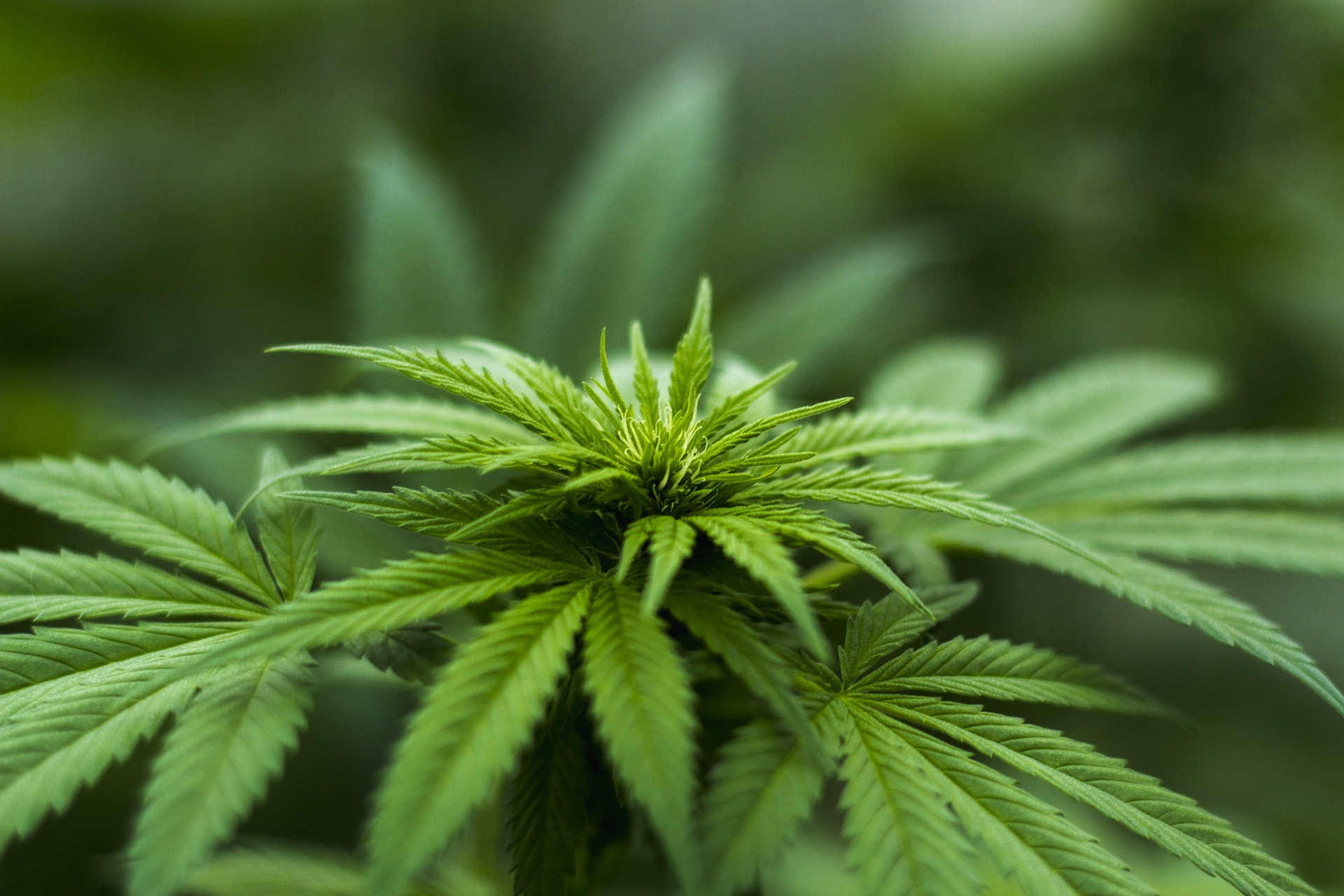Diminishing Marijuana Use in Young Adults with Parental Monitoring

It is believed that marijuana is one of the most widely used recreational drugs and has been shown to cause several serious effects, such as depression, serious diseases, cognitive effects, and certain types of cancer. Young adults mustn’t use marijuana. Almost half of high school students admitted on experimenting on marijuana use. Several behavioral scientists are working with doctors on how to address this growing problem. While cannabis has effects and is still widely used, weed delivery is now a popular idea for users.
Parental Guidance
 Parents are considered the perfect way to prevent marijuana use, and there have been some studies that have focused on this factor. Parents’ observation, especially when they know very well what their child is, who they are and what they do, is crucial and has been shown to mitigate several negative behaviors such as gambling, drug use, and sexual activity. Although surveillance has been effective, its link to marijuana is not evident. Regardless of whether a young person uses marijuana, they may do so without the knowledge of their parents. Regardless of doubts about the effectiveness of surveillance in preventing marijuana and drug use, large sums of money are spent on programs and campaigns to support parents in preventing this type of behavior on young adults.
Parents are considered the perfect way to prevent marijuana use, and there have been some studies that have focused on this factor. Parents’ observation, especially when they know very well what their child is, who they are and what they do, is crucial and has been shown to mitigate several negative behaviors such as gambling, drug use, and sexual activity. Although surveillance has been effective, its link to marijuana is not evident. Regardless of whether a young person uses marijuana, they may do so without the knowledge of their parents. Regardless of doubts about the effectiveness of surveillance in preventing marijuana and drug use, large sums of money are spent on programs and campaigns to support parents in preventing this type of behavior on young adults.
Study Results
Psychologists who analyze whether there is a relationship in adolescents and surveillance are trying to find a connection to how parental intervention affects teenagers’ drug abuse by making studies. Seventeen studies of people were chosen from existing literature, and some of these studies contained 35,000 participants. The criteria based on these studies included the involvement of teenagers, that the focus was on drug use and that parental surveillance was something that young adults assessed through self-disclosure rather than the parents themselves reporting their children’s behavior.
Conclusion
The studies conducted suggest that parents’ interventions are in no way irrelevant to their children’s secrecy and behavior. The studies that they have undertaken is intended to obtain information from parents for these kinds of risky behavior and to support programs in preventing young adults in marijuana use.

